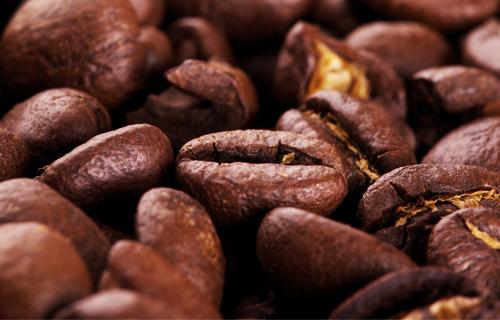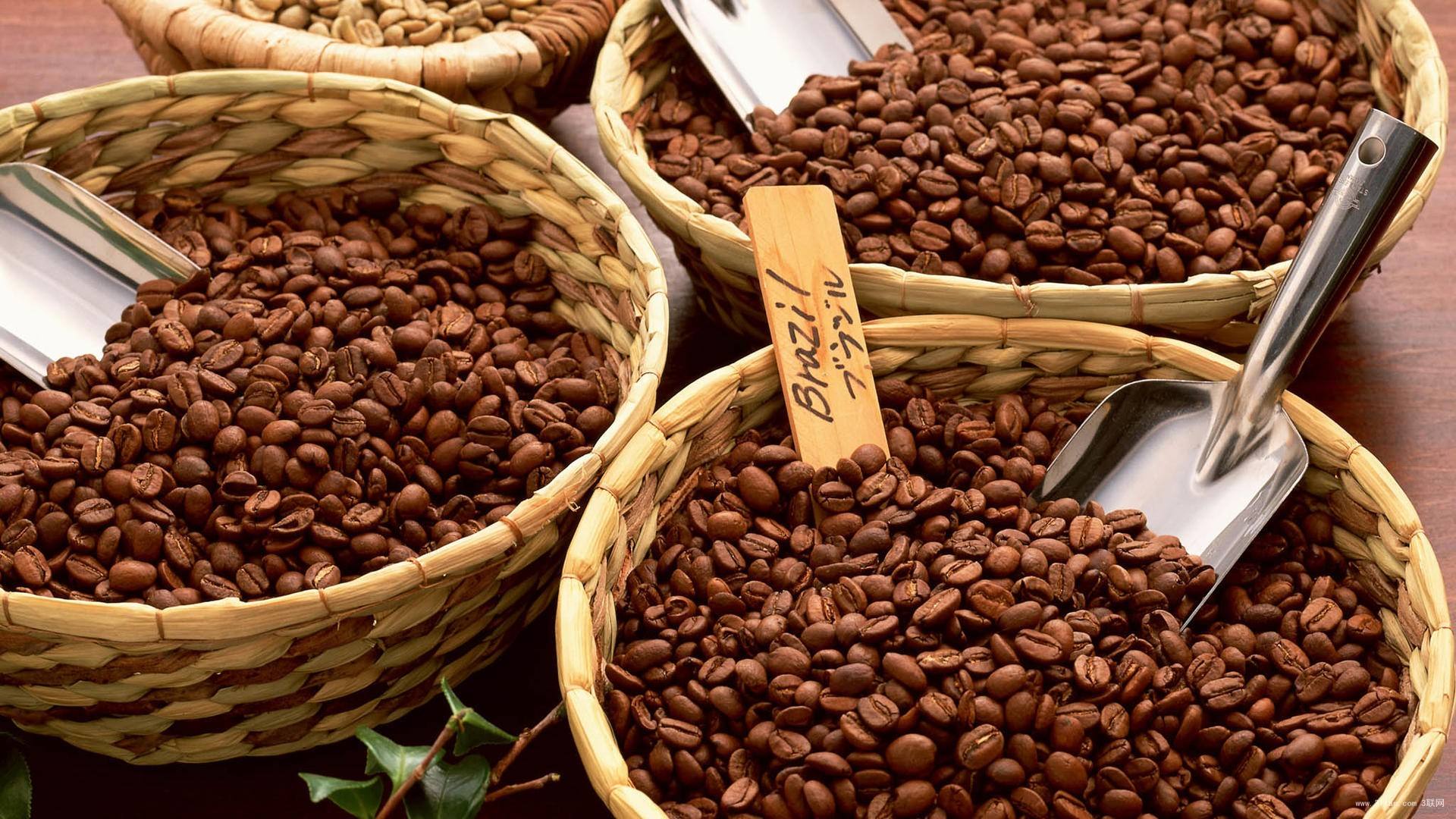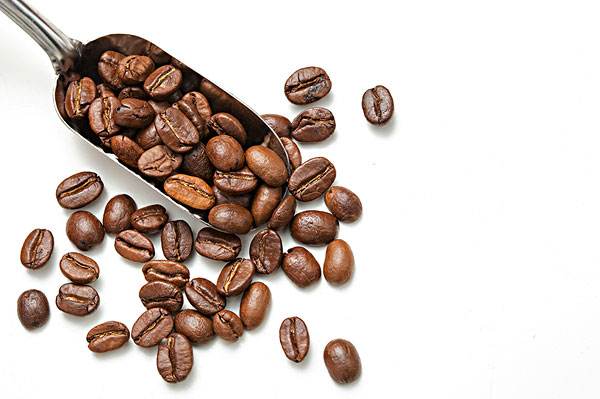Guatemalan coffee producing areas, characteristics of Guatemalan coffee
Follow the caf é (Wechat official account vdailycom) and found that Beautiful Cafe opened a small shop of its own.
Guatemalan coffee has a strong aroma, even if you don't drink it, just smelling it is already a pleasure. Antigua coffee has a rich and velvety mellow, rich and lively aroma, and fine sour taste. When the attractive fragrance lingers on the tip of your tongue, there is an indescribable mystery. You may feel dull at the first sip, but as the coffee cools down, you will find it slightly sweet and be surprised by its depth.

Antigua coffee is popular with most coffee lovers only because of its distinctive aroma. Because it is planted in the hills of volcanoes, it can retain its own characteristics more than Costa Rica, the main reason is that it has more geographical and climatic advantages than Costa Rica. Guatemala is located in the tropics, but due to the relatively high altitude, the climate is mild, it is a subtropical climate. Under the influence of this climate, coffee trees blossom and bear fruit more slowly than coffee trees in other parts of the world. However, the mild climate and fertile soil make it an excellent environment for growing coffee.
The coffee industry, run by the Mayans, once boomed the Guatemalan economy and dominated the national economy. Unfortunately, the political situation in Guatemala is not good for these coffee growers. High output is usually a sign of a country's overall economic prosperity. However, coffee production in Guatemala has declined relatively, at 700kg per hectare, compared with 900kg per hectare in El Salvador and 1700 kg per hectare in Costa Rica. Guatemalan coffee exports are controlled by private companies, but the National Coffee Commission controls other sectors of the coffee industry.
At present, some of the best quality coffee from Guatemala is exported to Japan, where each cup of coffee sells for $3 to $4. In order to revitalize its coffee industry, Guatemala has specially set up a special coffee association and gives maximum funding and attention to these high-quality coffees. these efforts will soon bear fruit, and the real beneficiaries are not only coffee growers, but also coffee lovers all over the world.
Taste characteristics
Guatemala Antigua coffee flavor characteristics: rich, rich taste, with tobacco flavor. The palate is soft and smooth, with a slightly charcoal-burning flavor in the mellow, as if the sweetness of chocolate is mixed with smoke. Because of this unique charcoal incense, Antigua coffee is also known as "cigarette coffee".
Taste: bitter and fragrant, good taste.
The coffee produced in the highland is mellow and has a good sour taste, which is well received and is the best material for mixed coffee.
Guatemala's extremely hard beans are famous for their elegant, sour, clean, well-structured, as well as sour apples, berries, jasmine, orange peel, green pepper, sweet and sour fruit, sweet chocolate, and even smoky aftertaste.
Such a rich regional flavor should be related to the soil and water in the eight major producing areas of the dangerous country. Among them, the five producing areas of Antigua, Ekat Nango Valley, Attilan, St. Mark and Huaiqiang belong to volcanic geology. In addition, Vivetta Nanguo, Koban and New Oriental producing areas belong to the climate of non-volcanic highlands or tropical rain forests. Guatemala is home to more than 300 microclimates, making it the largest in the world.
Important Notice :
前街咖啡 FrontStreet Coffee has moved to new addredd:
FrontStreet Coffee Address: 315,Donghua East Road,GuangZhou
Tel:020 38364473
- Prev

Costa Rican coffee production, Costa Rican coffee taste
Following Cafe Review (Wechat official account vdailycom) found that the Cafe Beautiful opened a small shop of its own. Tarrazu in Costa Rica is one of the major coffee producers in the world. The coffee is light and pure in flavor and pleasant in aroma. Costa Rica, with its fertile volcanic soil and good drainage, was the first country in Central America to grow coffee and bananas for commercial value.
- Next

The characteristics of Guatemalan coffee, the historical origin of Guatemalan coffee
Following caf é (Wechat official account vdailycom) found that Beautiful Cafe has opened a small shop of its own, which borders Mexico to the north, Honduras and El Salvador to the south, the Caribbean to the east and the Pacific Ocean to the west, with tropical rain forests, volcanic geology, plateau valleys and ever-changing microclimate. Guatemalan coffee used to enjoy the best quality coffee in the world.
Related
- Detailed explanation of Jadeite planting Land in Panamanian Jadeite Manor introduction to the grading system of Jadeite competitive bidding, Red bid, Green bid and Rose Summer
- Story of Coffee planting in Brenka region of Costa Rica Stonehenge Manor anaerobic heavy honey treatment of flavor mouth
- What's on the barrel of Blue Mountain Coffee beans?
- Can American coffee also pull flowers? How to use hot American style to pull out a good-looking pattern?
- Can you make a cold extract with coffee beans? What is the right proportion for cold-extracted coffee formula?
- Indonesian PWN Gold Mandrine Coffee Origin Features Flavor How to Chong? Mandolin coffee is American.
- A brief introduction to the flavor characteristics of Brazilian yellow bourbon coffee beans
- What is the effect of different water quality on the flavor of cold-extracted coffee? What kind of water is best for brewing coffee?
- Why do you think of Rose Summer whenever you mention Panamanian coffee?
- Introduction to the characteristics of authentic blue mountain coffee bean producing areas? What is the CIB Coffee Authority in Jamaica?

